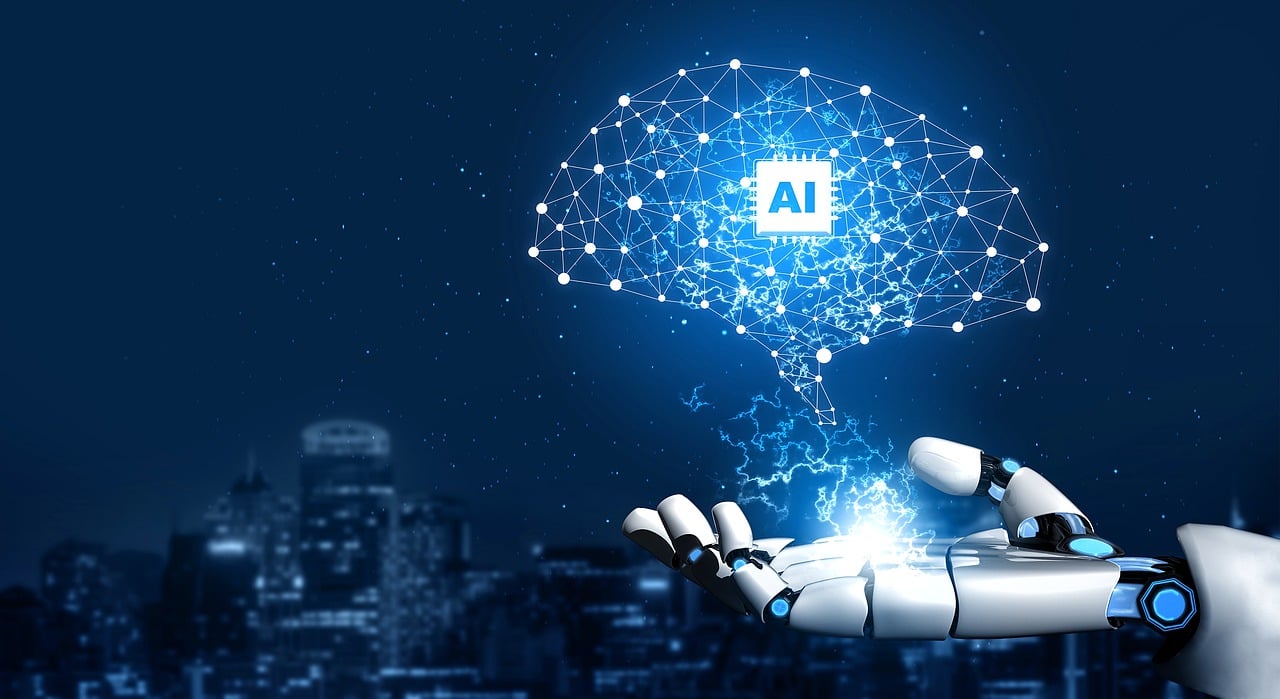In today’s rapidly evolving technological landscape, artificial intelligence (AI) stands out as a transformative force reshaping industries worldwide. From manufacturing and healthcare to retail and finance, AI-driven innovations are breaking barriers and revolutionizing traditional business models. This article provides an insightful exploration of the profound impact of AI across various industries, highlighting cutting-edge innovations that are driving unprecedented levels of efficiency, productivity, and competitiveness.
- Industry Disruption: AI is disrupting traditional industries by automating processes, optimizing operations, and fostering innovation. Real-world case studies illustrate how companies are leveraging AI to gain a competitive edge and deliver value to customers, signaling a paradigm shift in the way businesses operate.
- Smart Manufacturing: The manufacturing sector is undergoing a remarkable transformation propelled by AI technologies such as predictive maintenance, quality control, and smart production processes. By harnessing the power of predictive analytics, computer vision, and robotics, manufacturers are achieving operational excellence and driving productivity to new heights.
- Healthcare Transformation: In healthcare, AI is driving significant advancements in disease diagnosis, treatment planning, and patient care. From analyzing medical images to predicting patient outcomes, AI-powered solutions are revolutionizing healthcare delivery, leading to improved health outcomes and cost savings.
- Retail Revolution: AI is reshaping the retail industry by enhancing customer experiences, optimizing inventory management, and enabling personalized marketing. Through recommendation systems, demand forecasting, and data-driven decision-making, retailers are redefining the shopping experience and driving growth in an increasingly competitive market.
- Financial Services Innovation: The financial services industry is embracing AI to automate trading, manage risks, and enhance customer service. By leveraging AI algorithms to analyze financial data and detect anomalies, financial institutions are gaining insights, identifying opportunities, and ensuring regulatory compliance in an ever-changing landscape.
- Transportation and Logistics: AI is revolutionizing transportation and logistics with innovations like route optimization, predictive maintenance, and autonomous vehicles. These technologies are driving efficiency, reducing costs, and transforming urban mobility, paving the way for a more sustainable and interconnected transportation system.
- Energy and Utilities: In the energy and utilities sector, AI is optimizing energy production, reducing costs, and improving sustainability. Through applications such as smart grid management, predictive maintenance, and renewable energy integration, AI is reshaping the way energy is generated, distributed, and consumed.
- Ethical and Social Implications: As AI continues to reshape industries and societies, it is essential to address the ethical, legal, and societal implications of AI technologies. Privacy concerns, algorithmic bias, and job displacement are among the key challenges that require thoughtful consideration and responsible AI development and governance.
In conclusion, the transformative potential of AI is evident across various industries, driving innovation, and breaking barriers to create a more efficient, sustainable, and interconnected world. By embracing AI-driven innovations, businesses and organizations can unlock new opportunities, drive growth, and shape the future of industries in the digital age.



